National Eczema Society Research Programme 2025-2026
Our next research funding call is anticipated to open in November 2025.
Eczema, a chronic inflammatory skin disorder, affects millions of individuals worldwide, impacting not only their physical health but also their emotional well-being. The complexity of eczema requires dedicated research efforts to uncover effective management strategies and therapies. With our Research programme, we aim to empower healthcare workers, scientists and clinicians in the UK to explore fresh ideas and approaches, ultimately bringing hope and better outcomes to the eczema community.
Eligibility:
- National Eczema Society (NES) Pump priming grants and PhD Studentships are open to any UK-based researcher working at UK Research Institution looking to fund research into any topic focused on eczema.
- NES will only accept PhD studentship applications from Supervisors and not directly from prospective PhD candidates.
- No more than one application can be submitted by a Principal Investigator per application round.
- Collaborative grants with other UK and/or recognized international research institutions will be welcomed.
- Applicants are expected to demonstrate the value of the project to the field of dermatology/immunology.
- Research projects should be in alignment with NES Research Strategy.
- Research projects must demonstrate value to people living with or caring for eczema.
Expert-Review Process
All applications received will be reviewed by NES’s 2025/2026 Grant Advisory Panel Members
Meet our new Grant Advisory Panel for 2025/2026
We’re excited to announce the launch of the Grant Advisory Panel (GAP) for the 2025/2026 Grant Round. This expert group will help shape the future of eczema research by reviewing applications and advising on how NES’s funding can make the biggest difference to people living with eczema.
Introducing our Chair: Dr Paula Beattie
Consultant Dermatologist and Honorary Senior Lecturer, Royal Hospital for Children, Glasgow
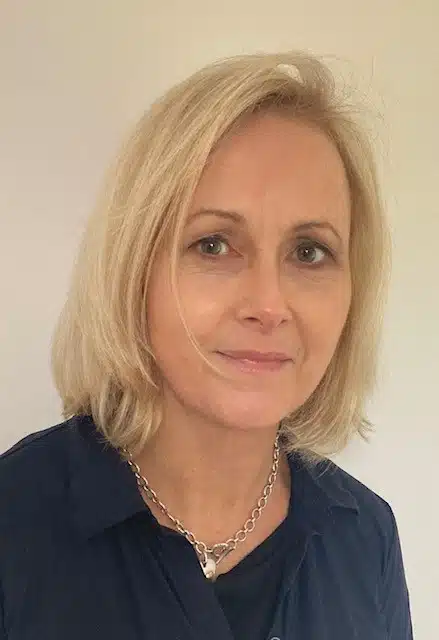
We’re delighted that Dr Paula Beattie will be leading the panel this year.
Paula is a Consultant Dermatologist in Glasgow looking after adults with eczema and children. Her interests include eczema and its impact on children, young people, and adults, as well as vascular anomalies. Paula is passionate about improving care for people with eczema and is actively involved in teaching, developing clinical guidelines, and leading research — including trials of new eczema treatments. She also contributes to national research efforts as part of the A-STAR steering group.
With Paula’s leadership and the expertise of our panel members, we look forward to supporting ground-breaking research that brings hope, understanding, and better treatments to everyone affected by eczema.
Panel Member: Professor Celia Moss OBE
Honorary Professor, University of Birmingham, Former Consultant Dermatologist, Birmingham Children’s Hospital
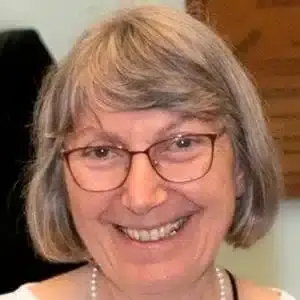
We’re thrilled to welcome Professor Celia Moss back to the panel. Celia brings decades of experience and dedication to paediatric dermatology.
Celia has a long history with National Eczema Society, having been a member of our Medical Advisory Board in the 1990s and a Trustee since 2019. We’d also like to extend our heartfelt thanks to Celia for serving as Chair of the Grant Advisory Panel last year, and for continuing her invaluable contribution this year as a Panel Member.
She has chaired both the British Society for Paediatric Dermatology and the NHS England Clinical Reference Group for Dermatology, and continues to lecture, advise and publish widely. In recognition of her outstanding contributions, she was awarded an OBE and the Archibald Gray Medal from the British Association of Dermatologists in 2016.
Panel Member: Dr Zenas Yiu
Clinical Senior Lecturer in Dermatology and Pharmacoepidemiology, University of Manchester, Honorary Consultant Dermatologist at the Northern Care Alliance NHS Foundation Trust and MRC Clinician Scientist at the University of Manchester.

We’re pleased to welcome Dr Zenas Yiu to the panel. Dr Yiu leads the Dermatology & Pharmacoepidemiology Research Group, specialising in the safety and real-world effectiveness of treatments for chronic inflammatory skin diseases. His work spans large-scale observational studies, clinical trials and guideline development, with a commitment to evidence-based care. As co-Deputy Chair of the UK Dermatology Clinical Trials Network (UK DCTN) and editor of Cochrane Skin, he brings strong leadership and rigour to dermatology research.
Panel Member: Julie Van Onselen
Dermatology Nurse Specialist, NES Medical Advisory Board Member

We’re delighted to welcome Julie Van Onselen to the Grant Advisory Panel. Julie is a long-standing NES Medical Advisory Board member and dermatology nurse consultant, bringing extensive experience in eczema management, patient education, and clinical practice.
She is widely recognised for her teaching, writing, and media work on eczema and other chronic skin conditions, and is a passionate advocate for empowering patients through education and engagement.
Panel Member: Dr Carolyn Charman
Consultant Dermatologist, Royal Devon & Exeter NHS Foundation Trust, Clinical Vice President of British Association of Dermatologists
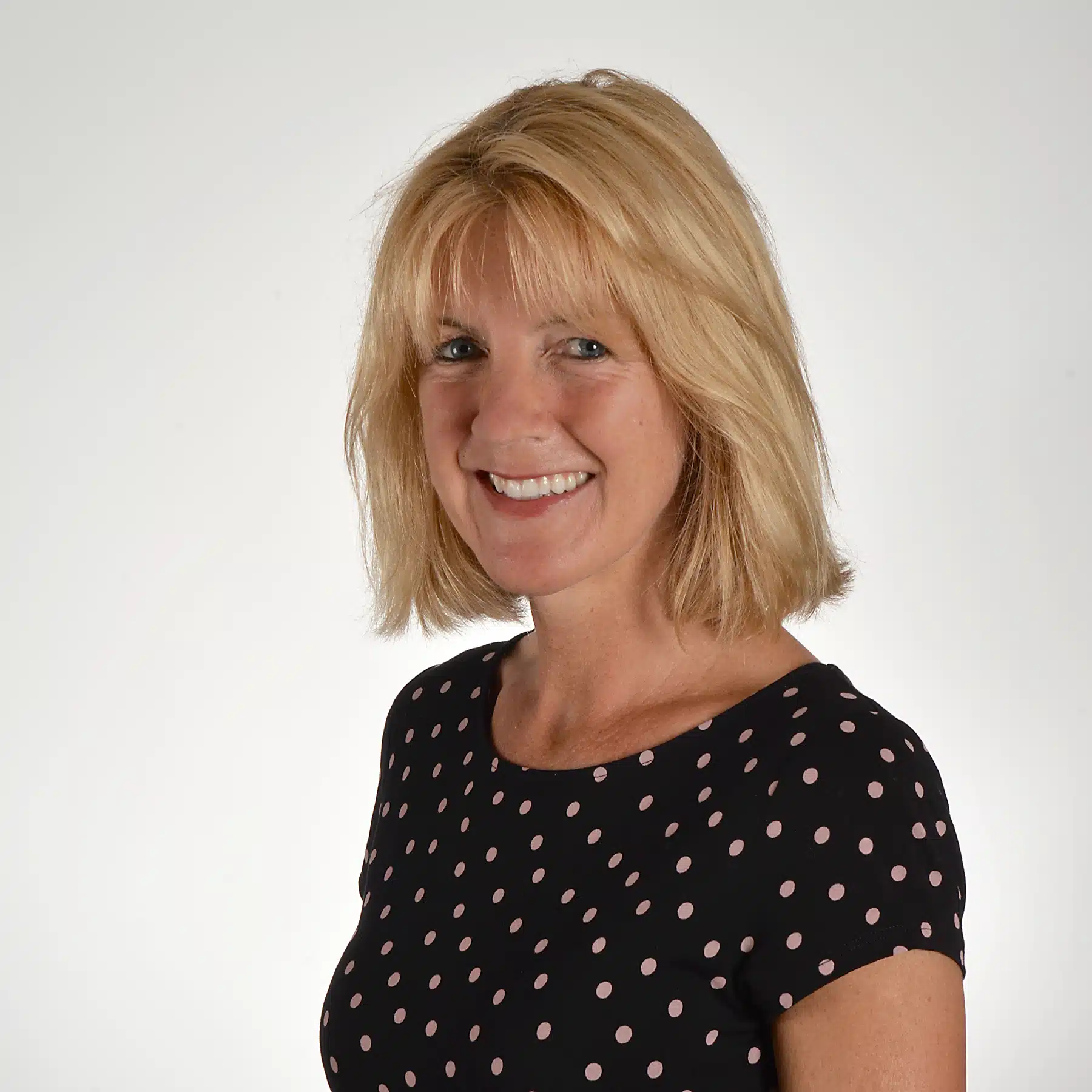
Dr Carolyn Charman is a renowned clinician-researcher whose work focuses on eczema outcome measurement, clinical trials and patient-reported outcomes in atopic dermatitis. With a dual interest in clinical care and methodological innovation, her research helps translate dermatology science into everyday practice, improving treatment pathways and quality of life for people living with eczema.
Panel Member: James Pitayanukul
Trustee National Eczema Society & Patient Representative

We’re also pleased to welcome James Pitayanukul to the panel. As both a NES Trustee and patient representative, James brings lived experience of eczema and a deep understanding of the challenges faced by people managing the condition.
He has contributed significantly to the Society’s strategic work, ensuring that patient perspectives remain central to decision-making. His voice on the GAP will help ensure research priorities align with the real-world needs of those affected by eczema.
Panel Member: Dr Simon G. Danby
Senior Research Fellow in Dermatology, School of Medicine and Population Health, University of Sheffield

We’re delighted to welcome Dr Simon Danby to the panel for the first time. Dr Danby’s work focuses on the structure and function of the skin barrier in inflammatory skin conditions, chiefly atopic eczema. With a background in molecular biology and extensive translational experience, he leads projects exploring interventions to restore skin barrier integrity, gene-environment interactions in eczema onset, and novel assessments of treatment effects on skin physiology. His research spans babies to older adults—examining skincare in early life, skincare adaptations in hospital settings, and the impact of topical treatments in eczema-prone skin. Dr Danby’s outputs have delivered actionable insights into underlying mechanisms and preventive strategies, positioning him as a leading figure in barrier-centric eczema research.
Panel Member: Dr Ella Guest
VTCT Foundation Senior Research Fellow, Centre for Appearance Research (CAR), University of the West of England (UWE Bristol)
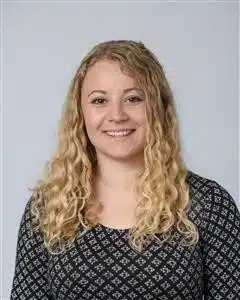
We’re delighted to welcome Dr Ella Guest to the Grant Advisory Panel. Ella is a VTCT Foundation Senior Research Fellow at the Centre for Appearance Research and a Chartered Health Psychologist. Her work focuses on the psychosocial impact of living with appearance-altering conditions and supporting individuals and families to live well with visible difference. Ella’s research explores positive adjustment and positive body image, and she has a particular interest in skin conditions including eczema, psoriasis, vitiligo and congenital melanocytic naevi (CMN). She develops and evaluates psychosocial interventions, and investigates how social media can be used to increase acceptance of appearance diversity and reduce appearance-related stigma. Ella brings deep expertise in health psychology, visible difference and patient-centred outcomes, ensuring that the voices and wellbeing of people with eczema are at the heart of NES’s research funding decisions.
Panel Member: Professor Kim Thomas
Professor of Applied Dermatology Research, University of Nottingham; Co-Director, Centre of Evidence Based Dermatology
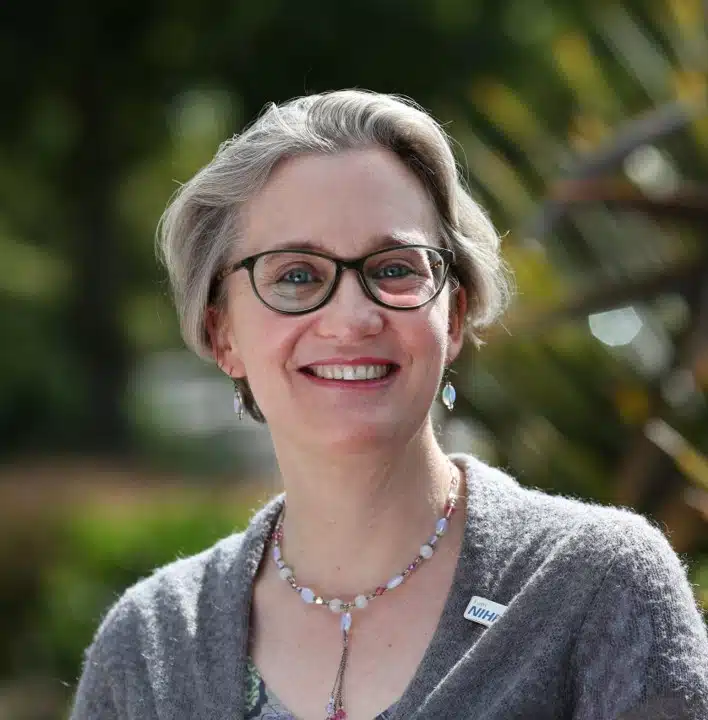
Professor Kim Thomas is an internationally recognised leader in eczema research, specialising in clinical trials, outcome-measure development and patient-centred methodology. She has led numerous high-impact studies to improve the treatment and prevention of eczema, including major national programmes such as the RAPID Eczema Trials, which use citizen-science approaches to address questions that matter most to people living with the condition. Her work spans trial design, diagnostic accuracy research, health-services evaluation and the development of core outcome sets through initiatives such as the Harmonising Outcome Measures for Eczema (HOME) collaboration. Professor Thomas is committed to ensuring people with lived experience of eczema are meaningfully involved at every stage of the research process, helping to shape priorities and improve real-world impact.
With the collective expertise of our Grant Advisory Panel, we’re confident the 2025/2026 Grant Round will select high-quality, impactful eczema research that improves the lives of people with eczema.
Research grants will be evaluated and ranked according to:
- Overall value to people with and supporting those with eczema.
- Scientific rigor and quality/appropriateness of methodology proposed.
- Alignment with NES research priorities and research strategy.
- Value for money & feasibility.
- Depth and breadth of experience of research team.
We believe that collaboration between researchers, clinicians, and patients is vital for meaningful progress. Through this programme, we aim to foster partnerships that will lead to impactful outcomes for individuals living with eczema. All applicants must submit a lay summary with their application. If there a tie between two applicants in the same funding stream, NES will preferentially choose the application with what NES considers is more dedicated patient involvement.
Important Dates:
- Call for Proposals Announced: November 2025
- Proposal Submission Deadline: 28 February 2026
- Review Period: March-April 2025
- Successful Awards Announced: May 2026
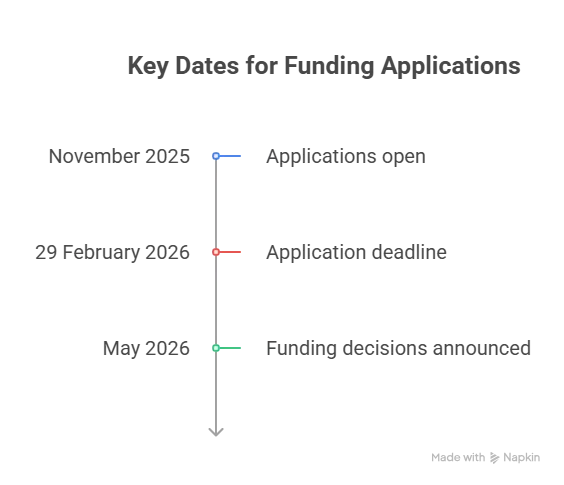
Applicants must submit all documents for their application online before the deadline of 28 February 2026. Incomplete or applications submitted after the deadline will not be accepted. Applicants must agree that the information provided therein is, to the best of their knowledge, complete and accurate.
Applicants should be aware that information provided on grant applications will be stored and circulated as needed for our review process. The National Eczema Society is compliant with GDPR and adheres to the principles of the Data Protection Act 2018.
For more information on application guidelines and eligibility criteria, please visit our website www.eczema.org/research or contact us directly research@eczema.org.
National Eczema Society looks forward to supporting ground-breaking research in the year ahead.
Researchers may also find the British Association of Dermatologists’ Dermatology Research Resources useful for guidance, training opportunities and tools to support high-quality dermatology research.
Support for Grant Applications NIHR’s Research Support Service (RSS)
The NIHR’s Research Support Service (RSS) provides free and confidential advice to develop funding applications within the remit of the NIHR, including clinical, applied health and social care research, and post-award advice to award holders. Access to support, advice and expertise is available for all researchers across England applying to NIHR research programmes or research training awards as well as to non-NIHR funders such as charities.

